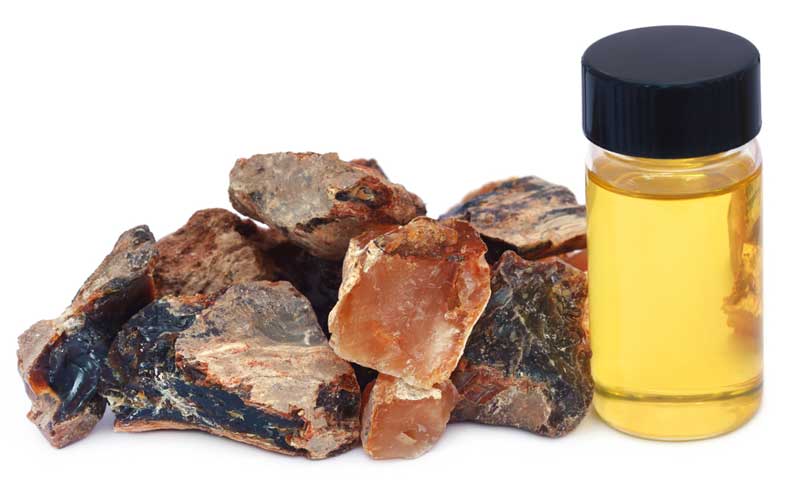
Essential Oil Uses: How Essential Oils Promote Health and Healing
Essential Oils Have Benefits for Ritual, Health, and Healing
Essential Oils Uses: Essential Oils have many uses and have been around since biblical times. The Ancient Near East is considered one of the most important birthplaces of civilization. This region is now overlaid by the modern nations of Egypt, Saudi Arabia, Turkey, Iran, Lebanon, Israel, and Jordan, among others. The Ancient Near East saw the invention of the wheel as well as the very first year-round agriculture, writing system, law codes, and much more. Among the rich wisdom of the Ancient Near East is the region’s traditional use of various herbs and botanical oils. Such herbs and oils are described in the ancient scriptures of the Abrahamic religions, and these biblical essential oils are still useful to us today.
The Bible and other ancient texts are filled with references to plants that have healing properties. In ancient times, there were no medicines other than what was available in nature. People in every society relied on plants for healing. Today, people are rediscovering the power of plants and herbs to relieve stress, promote emotional health and cure illnesses. The biblical essential oils have been used for millennia and are prized for their curative properties. They may be difficult to find in their pure form, but there are many essential oil products available that bring the benefits of these plants to you.

Frankincense
Frankincense is an aromatic oil obtained from the Boswellia carterii and Bosewellia sacara trees. Frankincense (and myrrh!) is an integral part of the Christmas story. In the Ancient Near East, frankincense was used as a holy incense for religious purposes such as ceremonial offerings and other priestly rites. It symbolizes wealth and prosperity.
This aromatic resin was traded in North Africa for millennia. Frankincense resin is depicted on the walls of ancient Egyptian temples because of its significance in religious ceremonies. Frankincense was one of the ingredients used for the incense in the holy temple in Jerusalem. It was brought to Europe by Crusaders.
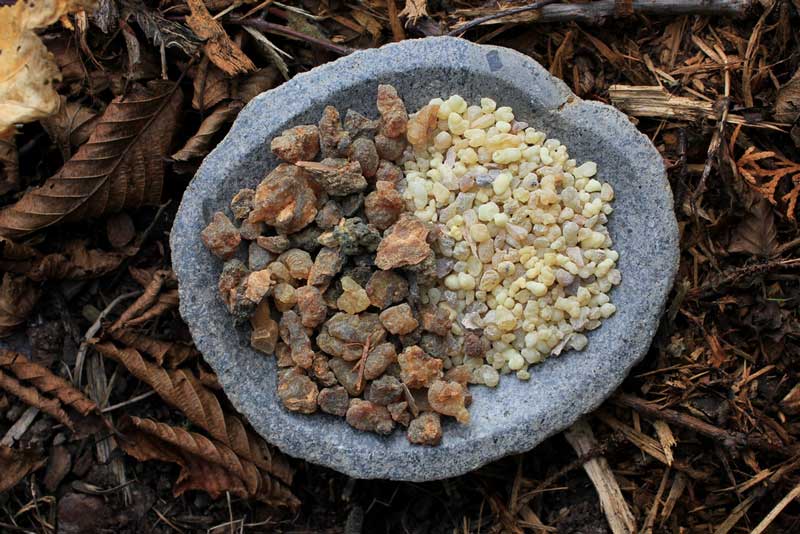
Modern Essential Oils Uses for Frankincense
Today, you are more likely to get your hands on frankincense essential oil than on the traditional solid form. The essential oil of this tree has antimicrobial, immunostimulant, anti-inflammatory, and calming properties.
- Add a drop to your facial moisturizer to fight acne-causing microbes.
- Dab a small amount onto minor wounds to help prevent infection.
- Add the oil to a household essential oil diffuser to improve your immune system and relieve symptoms of asthma and the common cold.
- Put a few drops into a warm bath with some epsom salts for stress-relieving aromatherapy.
- Massage a few drops of frankincense oil mixed with carrier oil into sore and stiff muscles and joints.
Frankincense is used to treat anxiety and stress and has a relaxing effect when inhaled. It can also boost immunity and ease the symptoms associated with cancer. Add some drops of essential oil to your bath for a relaxing soak. It is also a natural deodorizer and is used in house cleaning. Because of the resins antiseptic properties, it is effective when used for wound cleaning and dental care.
*********
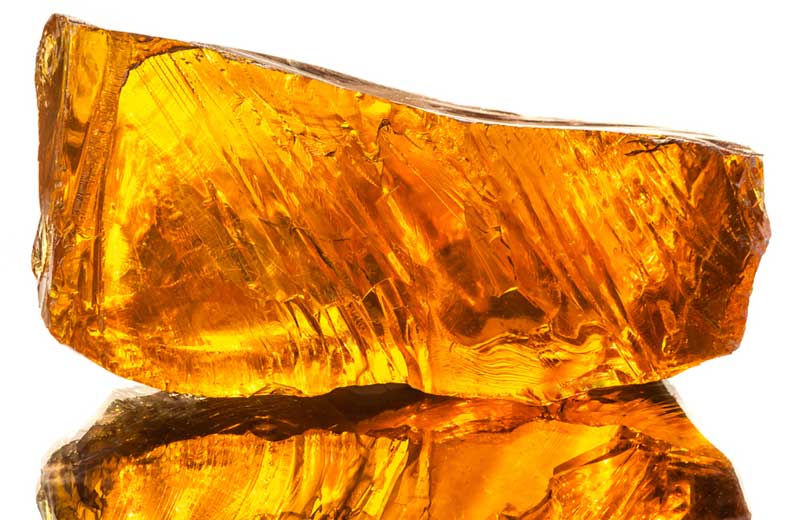
Myrrh
Myrrh is a gum resin extracted from a small, thorny tree. It has been used as a perfume and incense for centuries and was sometimes drunk mixed with wine. Myrrh is mentioned in the Bible as one of the gifts the wise men presented at the nativity. It is also a mainstay in traditional Chinese medicine and Indian Ayurvedic medicine. In both traditions, it is valued for its ability to rejuvenate the body and for its “blood moving” properties.
Myrrh is similar to frankincense as this biblical essential oils was also reportedly given to the infant Jesus. Myrrh is taken from the Commiphora myrrha tree. In the Ancient Near East, myrrh was a precious good used for burial preparations, religious anointing, and as incense to fill the air during spiritual practices. Traditional Chinese Medicine also makes use of myrrh.
Modern Essential Oils Uses for Myrrh
Myrrh is useful even today thanks to its antioxidant, antimicrobial, antifungal, anti-parasite, and anti-inflammatory capabilities. It’s most commonly available in essential oil form.
- Add a drop of myrrh oil to your facial moisturizer to fight skin aging.
- Dab myrrh oil on minor wounds and acne blemishes to kill microbes.
- Massage myrrh oil into a fungal infection of the skin or scalp before bed.
- Massage myrrh oil mixed with carrier oil into the scalp and hair to kill lice.
- Rub myrrh oil mixed with lotion or carrier oil onto arthritic joints and sore muscles.
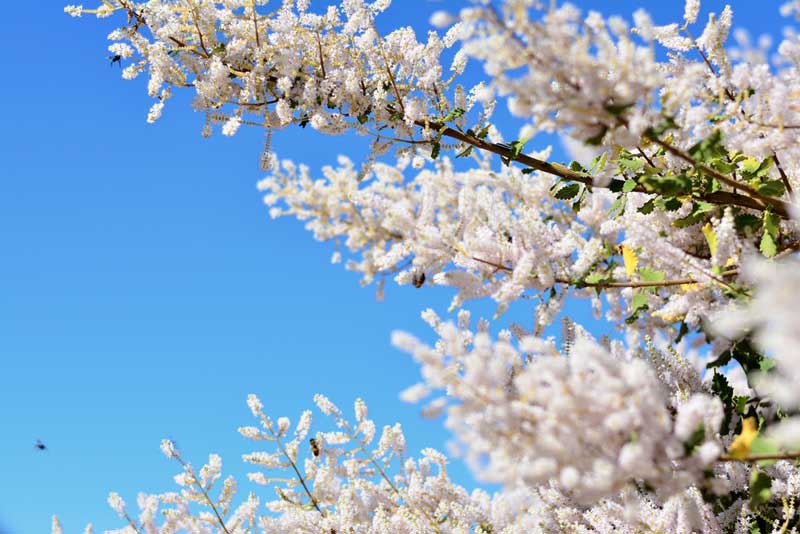
Myrrh oil is also used as an antioxidant that protects against liver damage. It also has anti-cancer properties and can reduce the spread of cancer cells. Myrrh also has antibacterial and anti-fungal abilities. Myrrh oil can soothe dry, chapped skin. Myrrh promotes relaxation when rubbed into the skin during a soothing massage.
*********
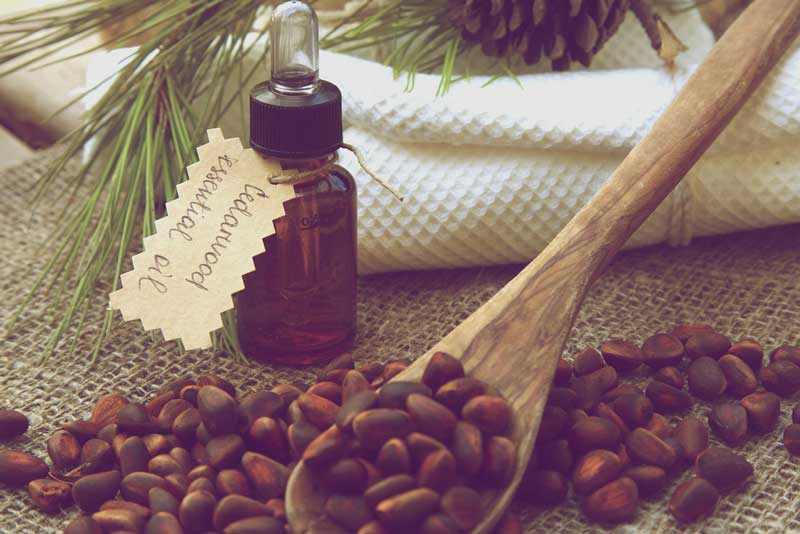
Cedarwood
Cedarwood traditionally was one of the biblical essential oils burned for ceremonial purposes. It was valued for its pleasant aroma and purifying properties. This substance is mentioned in the Bible as part of a ceremony to purify people affected with skin disease. The Egyptians included cedarwood in embalming ceremonies for their Pharaohs. Cedarwood is plentiful and is valued today in furniture. In ancient times, it symbolized wisdom and abundance.
Cedar is a fragrant wood that served many purposes in the Ancient Near East, often burned for ceremonial purposes. The oil extracted from the wood was used to embalm the pharaohs of Ancient Egypt. Mentioned many times in scripture, cedar was used for ritual cleansing and purification. It is also a symbol of abundance and safety.
Modern Essential Oils Uses for Cedarwood
The essential oil of the cedar tree has beneficial properties. It serves as a deodorant, anti-inflammatory, antifungal, and insect repeller. It relieves skin irritation, relieves coughs, promotes hair growth and improves concentration.
- Massage cedarwood essential oil (mixed with either lotion or carrier oil) into stiff joints, sore muscles, and irritated skin.
- Add a few drops to your conditioner for stronger, faster-growing hair.
- Use in a household essential oil diffuser to repel insects, to relieve a cough, or to improve concentration while you study.
- Apply to fungal infections, acne, and minor wounds to kill off microbes.
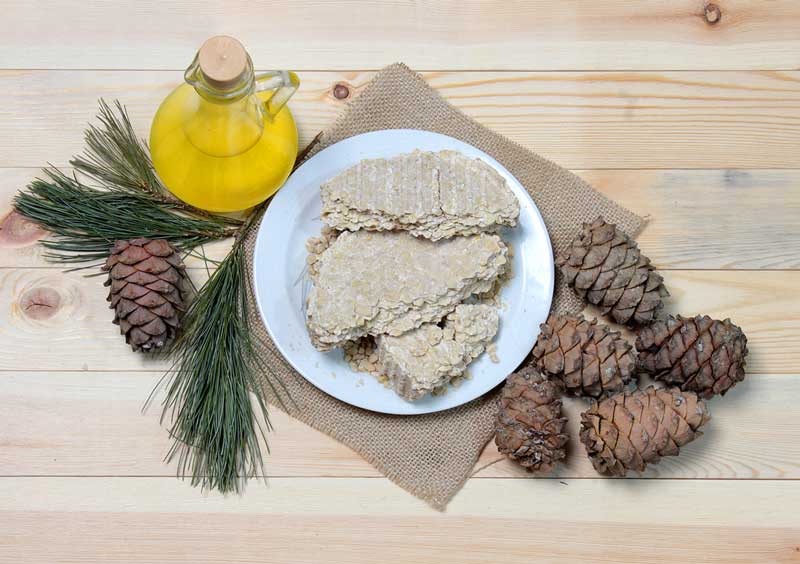
Cedarwood has a host of healing properties. It has a positive effect on the skin, organ functioning, muscle tone, and the digestive system. It can relax the body and mind when inhaled as an essential oil. Cedarwood is often used to treat eczema and other skin conditions and hair loss. It also soothes dry scalp and can be massaged along with coconut oil into the scalp. Cedarwood oil can also be rubbed externally onto joints or added to a bath to help treat arthritic inflammation.
*********
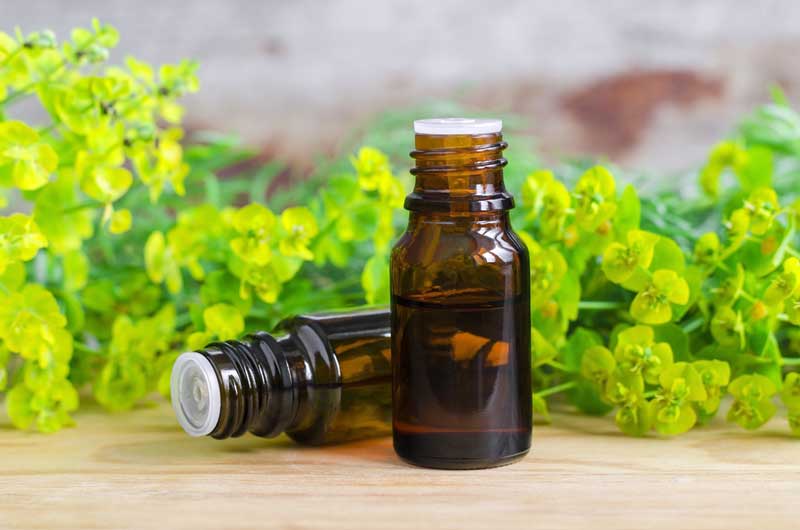
Cypress
Cypress is an oil that is derived from a needle-bearing evergreen tree. Cypress is associated with strength in the Bible, but in Ancient Greece, the cypress was associated with mourning rituals. Its durability made it suitable for making weapons, including spears.
Cypress is another fragrant wood, companion to cedarwood. Cypress symbolized strength, prosperity and security for residents of the Ancient Near East. The purpose of this biblical essential oils is quite similar to that of cedar.
Modern Essential Oil Uses for Cypress
The essential oil of the cypress tree has stimulating, calming, deodorant, and antibacterial properties, giving it a place in our modern lives.
- Use cypress oil in an essential oil diffuser to soothe respiratory problems.
- Massage cypress oil mixed with lotion or carrier oil onto cramping muscles or anywhere you want to stimulate blood flow.
- Cypress oil can be used as a deodorant for the feet or underarms.
- Add cypress oil to a warm bath for a soothing effect.
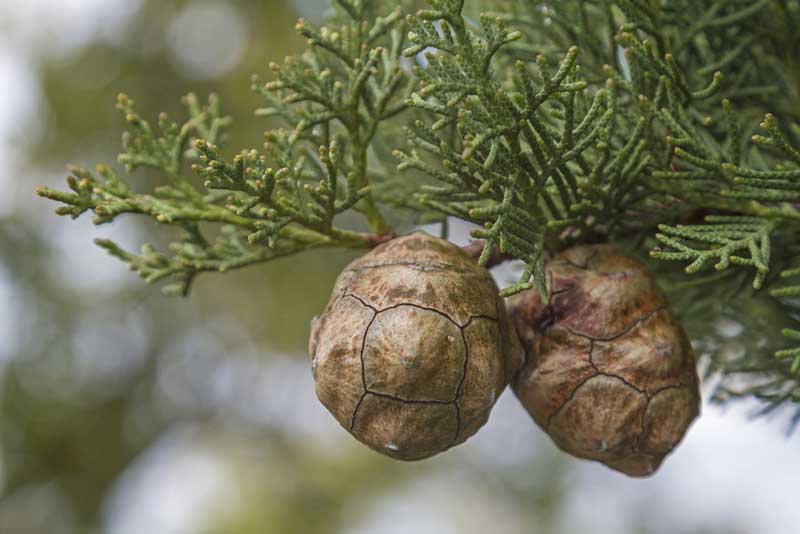
Cypress is an evergreen that has pine and lemon essences. It is applied today as an antibacterial and can be effective at fighting and for preventing infections. It also has been found to stimulate the immune system. One way to heal cuts effectively is to apply essential oil of cypress on the area. The oil also has antispasmodic properties and is useful in treating cramps and spasms. It can also be effective in treating restless leg syndrome.
*********
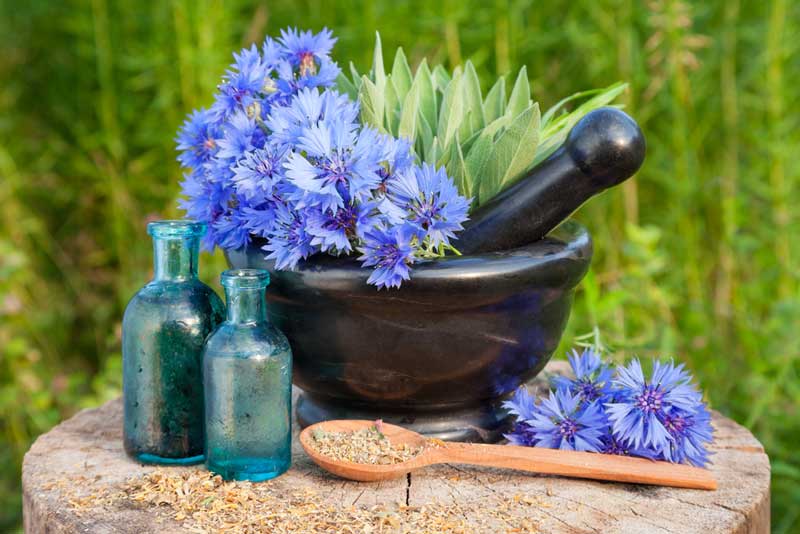
Hyssop
Hyssop is mentioned in the Bible for the cleansing of people and houses. According to tradition, it was used as the brush the ancient Israelites used to paint their doorposts with blood during the Exodus from Egypt. According to the New Testament, the sponge that was lifted to Jesus on the cross was supported by a stalk of hyssop. The plant is native to Southern Europe and the Middle East. It is a brightly colored shrub and its stem has a woody texture with several straight branches. The blossoms on hyssop can be white, pink and blue and have a light fragrance. Egyptian priests used to eat hyssop with bread to make it pure and suitable for them to eat. Hyssop was valued in Ancient Greece for culinary and medicinal properties. The Romans believed hyssop prevented plagues and other widespread outbreaks of disease. They also used to hang bunches of dried hyssop at the entrance of their homes to ward off the evil eye.
Hyssop is an aromatic plant that has purple flowers atop long stalks, mentioned in the New Testament in the story of Jesus’ crucifixion. Other references in scripture point to this biblical essential oil being used for ritual cleansing purposes.
Modern Essential Oil Uses for Hyssop
This plant, a member of the mint family, has many benefits. The essential oil of hyssop serves as an antifungal, antibacterial, and insect repellent. It also soothes respiratory symptoms and pained muscles.
- Dab hyssop essential oil onto acne blemishes and minor wounds to fight microbes.
- Hyssop oil massaged into the scalp can help kill lice.
- Mix hyssop oil with carrier oil and lotion and massage it into the skin. This serves as both natural insect repellent and a muscle-soother.
- Use in an essential oil diffuser in your house to soothe asthma, colds, and other respiratory concerns.
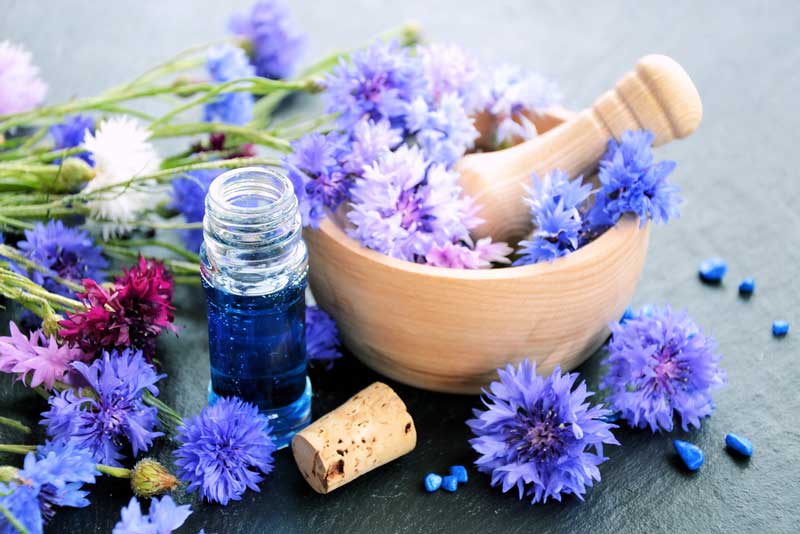
Although hyssop is mentioned in the Bible, particularly in the psalms in relation to purification, the hyssop referred to is a different variety from what is more broadly understood to be hyssop, since the plant is not native to the region. For centuries, hyssop has been valued as a cough reliever, an expectorant, and an antiseptic. In modern times, more uses have been discovered. The plant is helpful for digestive problems and conditions affecting the liver, intestine and gall bladder. It is also useful in the winter to promote respiratory health and keep away colds. Hyssop can be taken in essential oil, extract and capsule forms.
*********
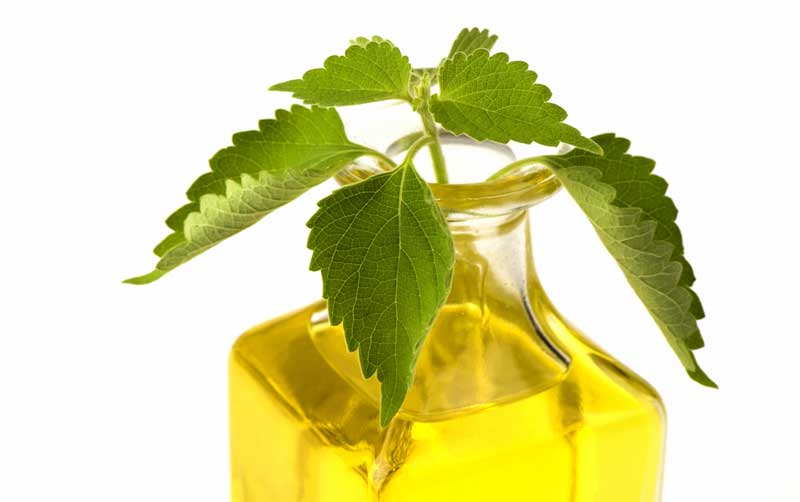
Spikenard
Spikenard is a flowering plant in the Valerian family, and its amber-colored oil has been valued around the world for its powerful, aromatic properties. The oil was considered valuable for sacred and personal purposes. Spikenard is one of the aromatic herbs that comprised the incense used in the Holy Temple in Jerusalem. Reportedly, the woman in Bethany anointed Jesus’ feet with spikenard oil shortly before his crucifixion. In Ancient Greek lore, spikenard was used as a perfume prepared by Achilles for the corpse of Patroclus. The oil was prized in China and India and plays an important role in Indian Ayurvedic medicine.
Spikenard is a biblical essential oil of the Nardostachys jatamansi plant, a member of the valerian family. In the Ancient Near East, spikenard was a prized perfume and a symbol of royalty.
Modern Essential Oil Uses for Spikenard
Spikenard is an essential oil with several benefits. It is an antifungal, anti-inflammatory, and immunostimulant. It also promotes hair growth and relieves insomnia.
- Massage spikenard mixed with lotion or carrier oil into sore muscles and joints or onto a bodily fungal infection.
- Spikenard used in an essential oil diffuser will help you sleep and improve your immune system.
- Add a couple drops of spikenard to your conditioner for healthy hair.
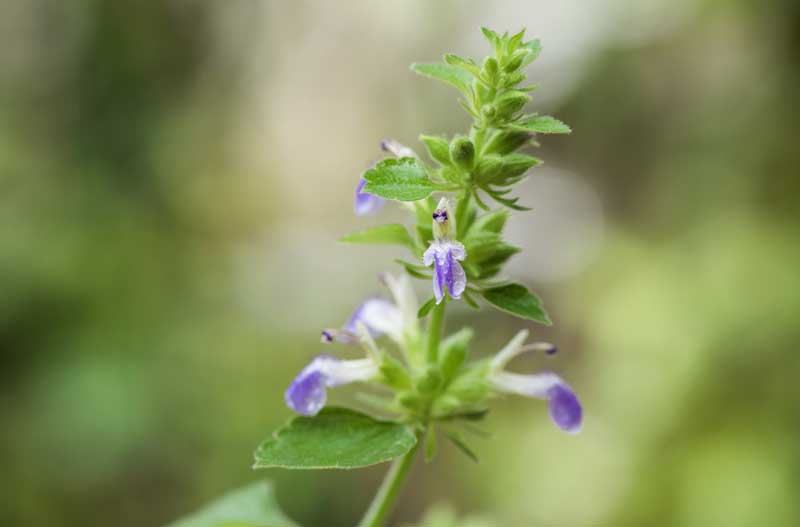
Spikenard is well-known for its aromatic properties, but it also has a number of health benefits. It has been found to treat insomnia, reduce stress, improve digestion and boost the immune system. People who suffer from chronic fatigue syndrome have found relief for their symptoms from spikenard, and it can also be used to treat depression. The herb can cleanse the uterus, boost fertility and ease menstrual problems. The stem of the plant, or rhizome, are crushed and distilled into essential oil. In addition to using the oil as a medicine, you can simply enjoy the oil’s woody, spicy, sweet fragrance.
*********

The modern rediscovery of plants used by the ancients to promote health and healing is an important development in alternative medicine. This includes the biblical essential oils discussed above. Plants such as frankincense, hyssop, spikenard, myrrh, cedarwood, and cypress can provide health benefits without the side effects of conventional medicine. They are readily available in capsules, powders or in vials of essential oils and many can be taken internally or externally to improve health.
DID YOU KNOW YOU CAN COOK ESSENTIAL OILS?
Click to Download Your FREE Essential Oils Guide Now

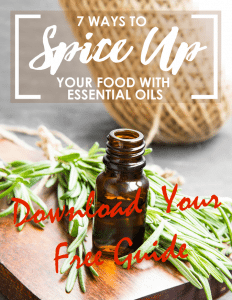
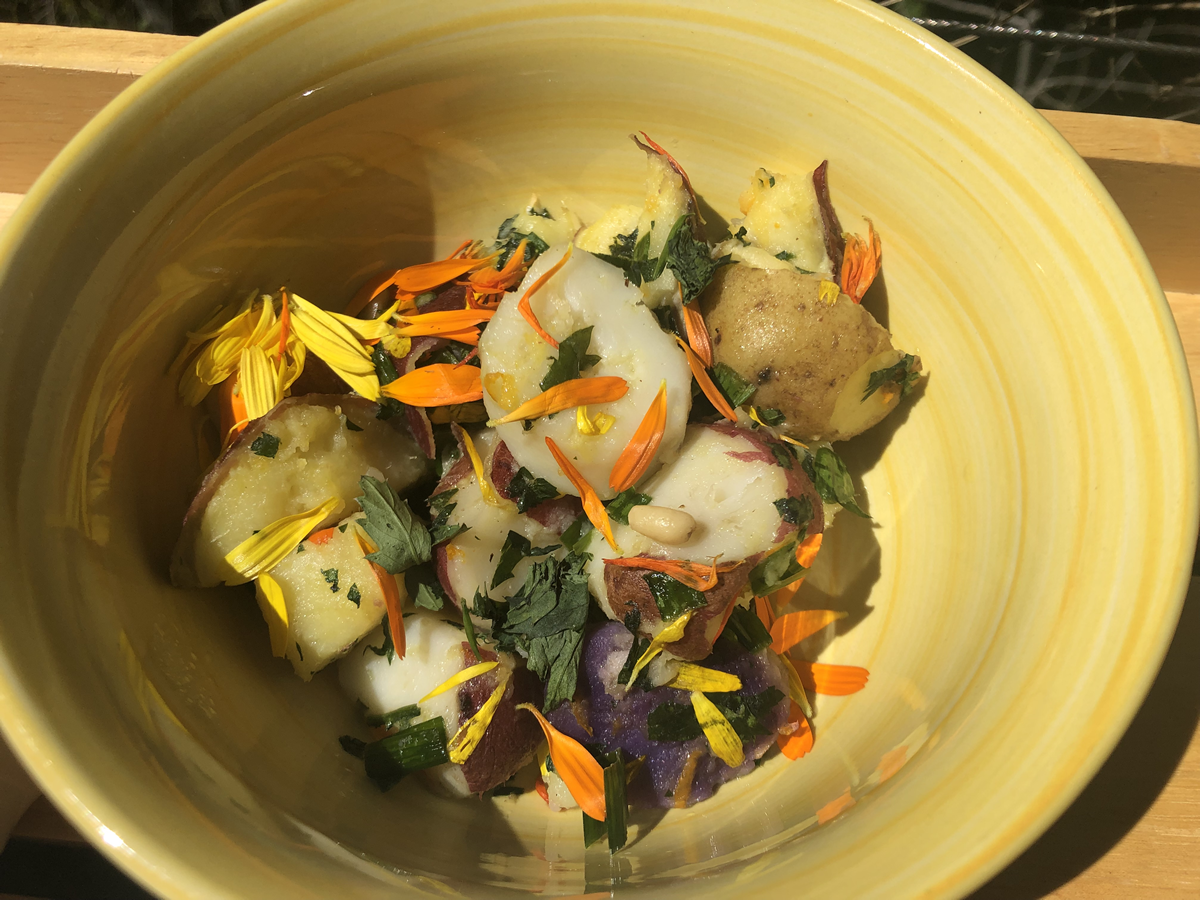
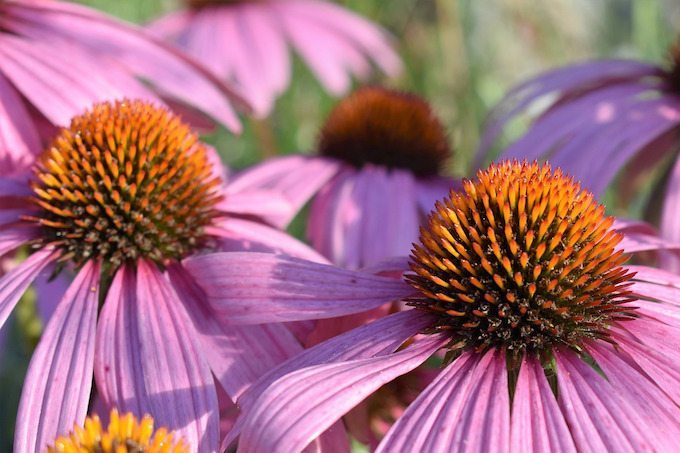

Add A Comment